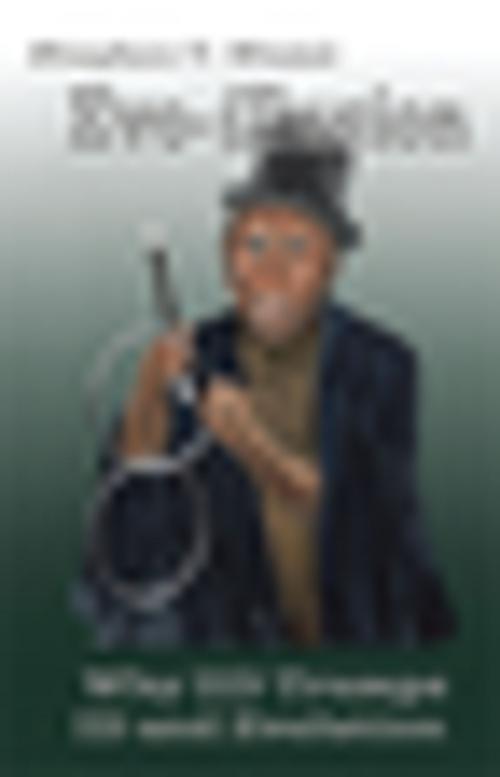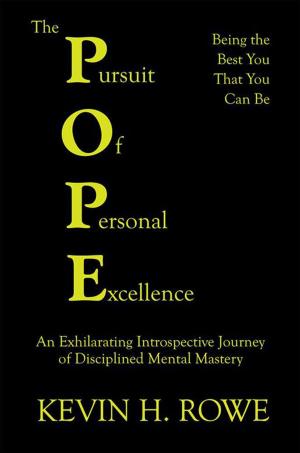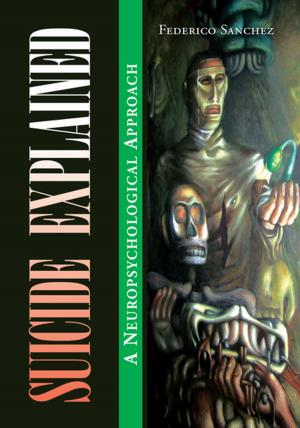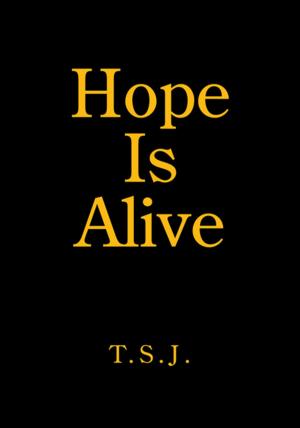Evo-Illusion
Why Iid Trumps Id and Evolution
Nonfiction, Science & Nature, Science, Biological Sciences, Evolution| Author: | Stephen T. Blume | ISBN: | 9781483661681 |
| Publisher: | Xlibris US | Publication: | August 23, 2013 |
| Imprint: | Xlibris US | Language: | English |
| Author: | Stephen T. Blume |
| ISBN: | 9781483661681 |
| Publisher: | Xlibris US |
| Publication: | August 23, 2013 |
| Imprint: | Xlibris US |
| Language: | English |
Evo-illusion takes a completely objective and science-based look at evolution. Blume details his pathway from his childhood of being raised very much a religious creationist, to his early fascination with science, and then to his becoming beguiled by evolution and Charles Darwin in his first paleontology class in college. Blume then tells of his surprising and enlightening reversal. Evo-illusion tells a fascinating story of biology, astronomy, physics, particle physics, and other sciences that would certainly interest any person who reads it, no matter what their position is on evolution. It takes the reader from the beginning of the universe to the first living cells on Earth, to the first multicellular organism, and then to the formation of modern organisms. Blume uniquely utilizes thought experiments that the readers can easily do, which allow them to figure what may and may not have happened during the early steps on the pathway to the formation of multicellular organisms.
Evo-illusion takes a completely objective and science-based look at evolution. Blume details his pathway from his childhood of being raised very much a religious creationist, to his early fascination with science, and then to his becoming beguiled by evolution and Charles Darwin in his first paleontology class in college. Blume then tells of his surprising and enlightening reversal. Evo-illusion tells a fascinating story of biology, astronomy, physics, particle physics, and other sciences that would certainly interest any person who reads it, no matter what their position is on evolution. It takes the reader from the beginning of the universe to the first living cells on Earth, to the first multicellular organism, and then to the formation of modern organisms. Blume uniquely utilizes thought experiments that the readers can easily do, which allow them to figure what may and may not have happened during the early steps on the pathway to the formation of multicellular organisms.















